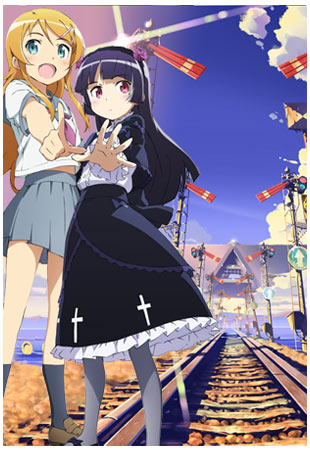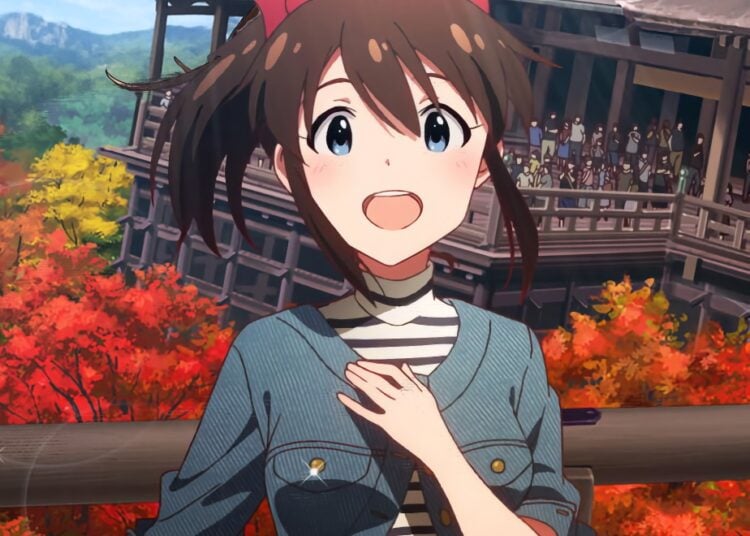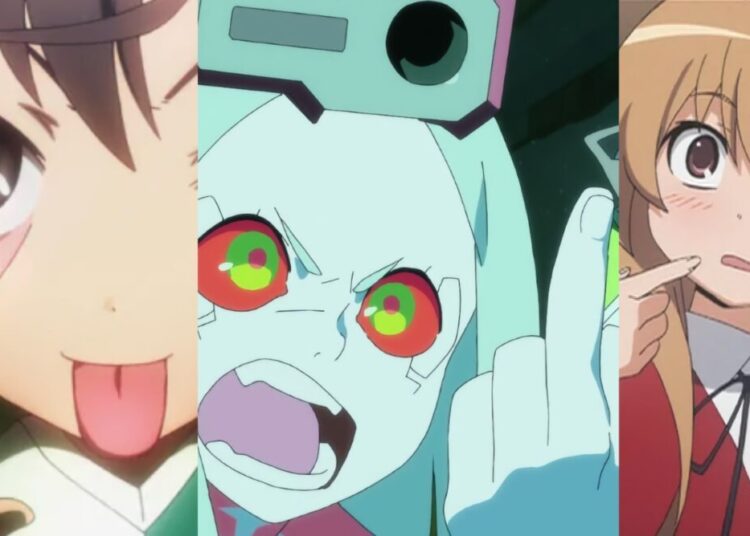One question I’m asked sometimes is, how do Japanese feel about otaku? Originally a semi-formal way to say “you” or “your family” — my Japanese mother-in-law might say to our neighbor, お宅の子はよく勉強しますね otaku no ko wa yoku benkyo shimasu ne, meaning “your child sure seems to study a lot, doesn’t he?” — the word has come to describe someone who obsesses over various forms of pop culture, usually anime, manga and games. In the same way our perception of the word “nerd” (coined by none other than Dr. Seuss, by the way) has changed over the decades, especially as we wouldn’t have companies like Facebook or Google or J-List without us, attitudes towards otakus might be changing in Japan. According to a poll by the Sankei Shimbun Newspaper published this week, 77% of females replied that they would consider dating males who were of the otaku persuasion, and in another poll that asked Japanese if they thought of themselves as being “otaku” about at least one genre, 42% said yes. A lot of this comes from the general embracing of “pop otaku” culture in Japanese society, elevating stars like Shoko Nakagawa/Shokotan or Nana Mizuki to mainstream status on TV, plus the obvious realization that everyone finds enjoyment in obsessing over some hobby — for example, I’ve got a friend who describes herself as the “queen of perfume otaku.” The above polls apply to views on otakuism by Japanese only, of course; when it comes to foreigners with a passion for Japanese subculture, the Japanese have always been a bit more charitable, as seen by the number of TV shows which feature, say, gaijin with more knowledge about Mobile Suit Gundam than Japanese fans, a subject that makes Japanese TV viewers giggle with delight.

Could attitudes finally be changing about otaku in Japan?














